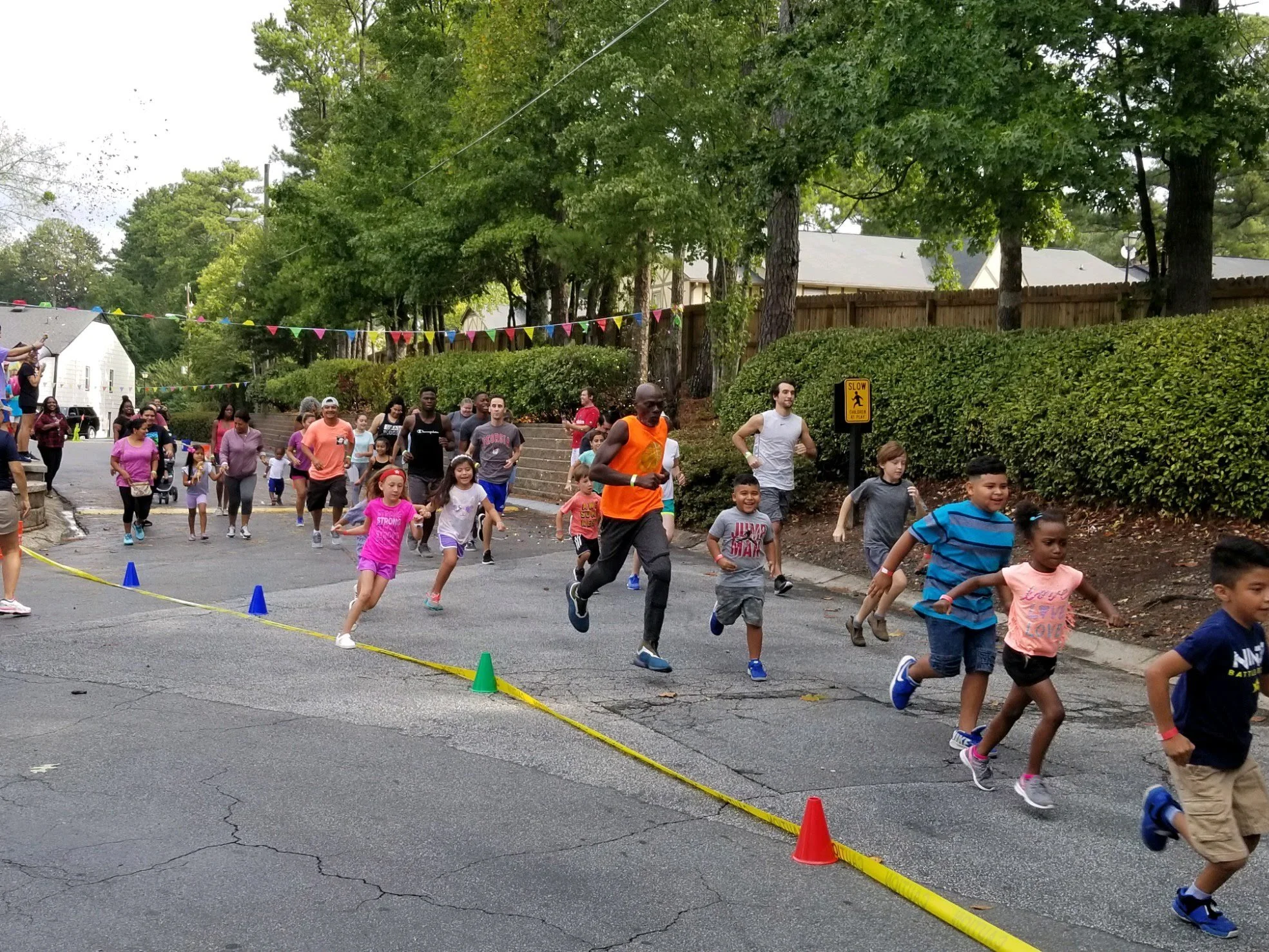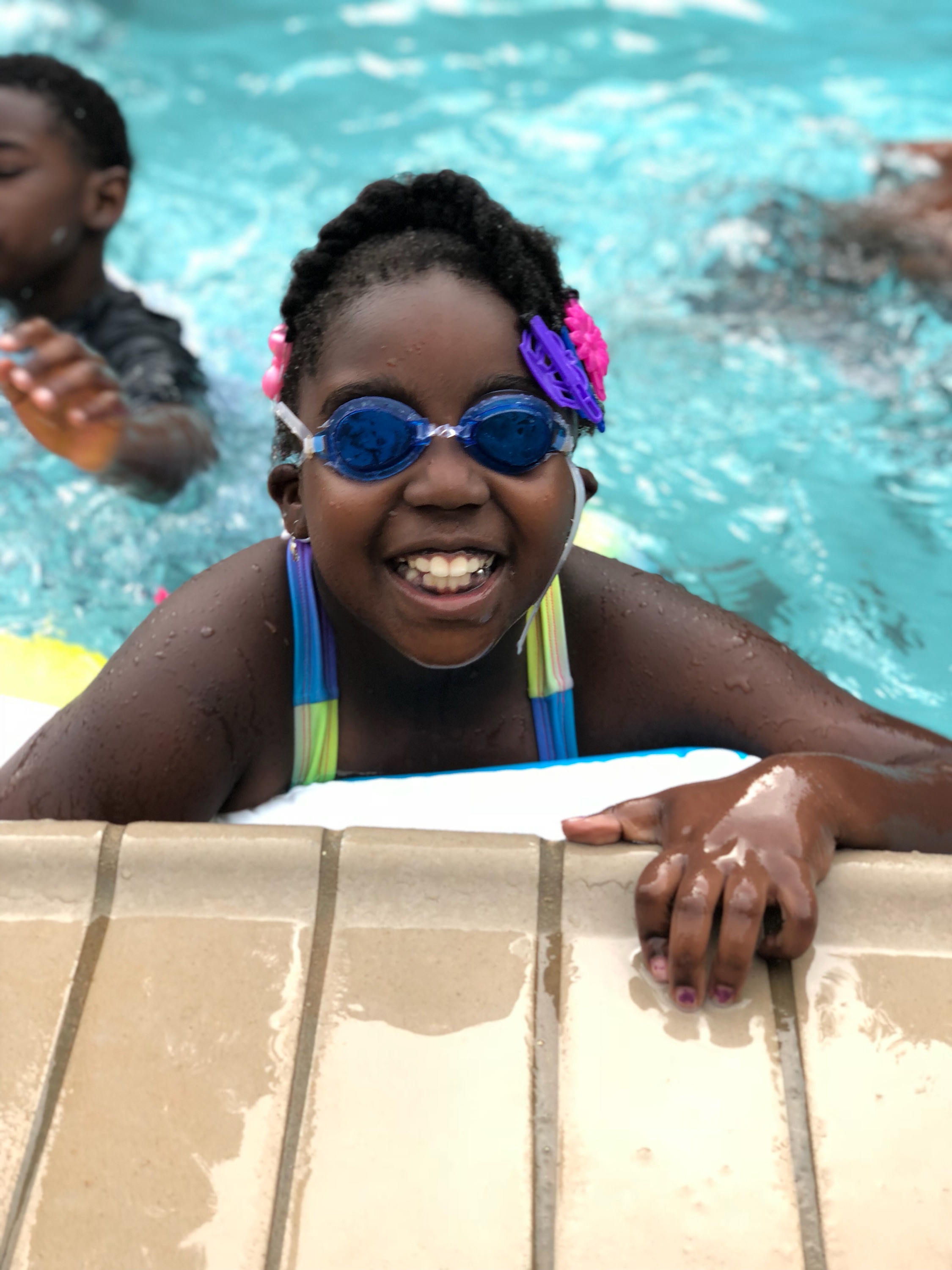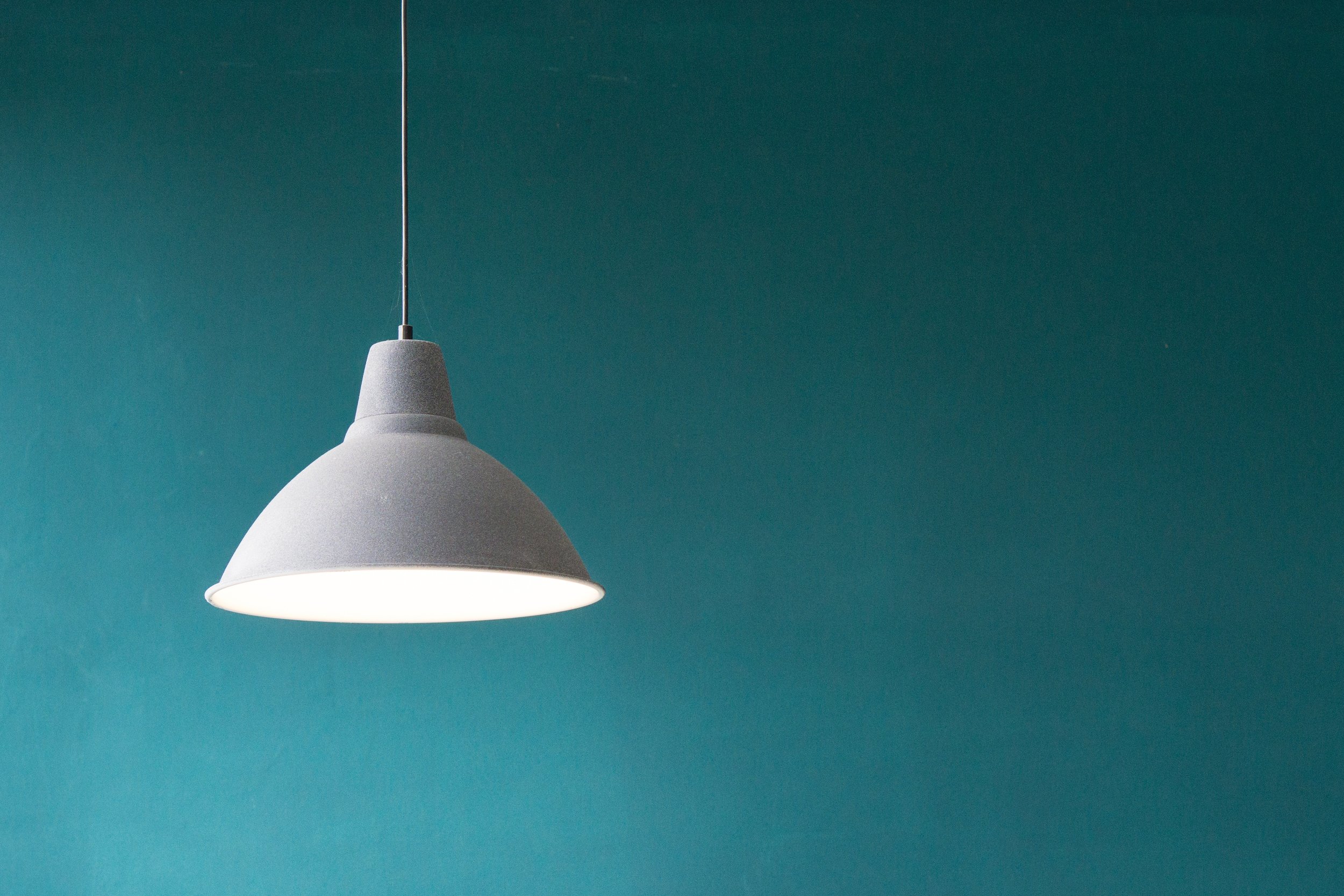

MISSION
Uplift Georgia's primary aim is to enhance the quality of life experiences of residents in affordable housing communities, including senior living communities, by fostering a sense of community and building social connections among neighbors through educational, enriching, and engaging opportunities. We believe that these shared experiences and increased neighbor interactions will ultimately lead to stronger social bonds, greater trust, and a heightened willingness to support and invest in their community. Uplift Georgia also seeks to enhance access to valuable resources within the community while simultaneously facilitating connections with external resources through relationships forged between residents and supportive organizations.
GOALS
Uplift Georgia plans to increase the social capital of low and middle income apartment complex residents through three main objectives:
1. Empowered Spiritual Growth: Building relational bridges that connect residents to God by fostering meaningful interactions, intentional discipleship, and vibrant connections with local churches, allowing them to experience spiritual growth and transformation.
2. Thriving Community Connections: Constructing relational bridges that link neighbors together, nurturing trust and care, fostering a sense of belonging for all residents within the community.
3. Holistic Well-being: Establishing relational bridges that connect communities with valuable resources and service providers, addressing physical needs and championing the overall holistic well-being of residents.
People are wired to connect.

WHY WE’RE HERE
The percentage of wealthy Americans living in predominantly affluent neighborhoods and poor Americans living in predominantly poor neighborhoods has doubled in the last 50 years (Bischoff & Reardon, 2013). Within this same period of time, the percentage of Americans living in “middle income” neighborhoods has dropped from 65 to 42 percent (Bischoff & Reardon, 2013). Residents within areas of concentrated poverty often face intensified challenges associated with poverty including increased crime rates, poorer performing schools, decreased social capital, and poor economic outcomes for their future.
Simultaneously, Americans as a whole are socializing and interacting with their neighbors less. According to a report published in June of 2015 by City Observatory, a third of Americans reported having no interactions with their neighbors and only 20% say they spend time with their neighbors on a regular basis (Cortright, 2015). This lack of interaction has resulted in a decline of social capital. Social capital can be defined as the “shared experiences, webs of relationships, and norms of reciprocity that underpin the smooth functioning of society” (Cortright, 2015, p. 4). Social capital also plays a role in the amount and quality of resources, information, and opportunities a person has available to them. With the current decline of social capital also comes a decline in neighbors’ levels of trust and their willingness to support or invest in community (Cortright, 2015).
There are many reasons for the decline of social capital in our poor and middle income neighborhoods including the increase of accessibility and usage of personal technology as well as the marked decrease of entertainment and recreational activity in public spaces. Residents of lower and middle income apartment complexes tend to be more transitory, feel more isolated, and as a result experience an even greater loss of social capital and community. Uplift Georgia exists to address some of the unjust distribution of social capital.


Uplift GA Fall Festival


Uplift GA Provides Lunches

Uplift GA Girl's Day Fun With Boas

Uplift GA Atlanta Zoo Outing

Uplift GA Pool Party Fun

Uplift GA Face Painting Event


Ready to help?
Volunteer
—
Donate

